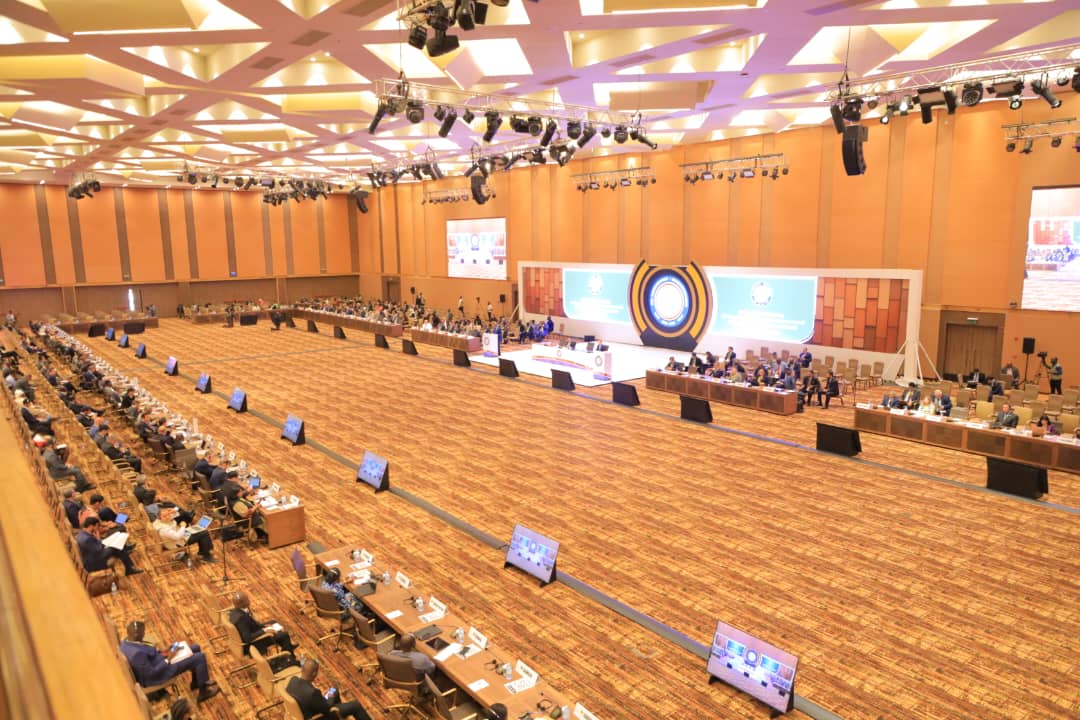
The 19th Non-Aligned Movement (NAM) summit opened in Munyonyo, Kampala, with a spotlight on the ongoing conflict in Palestine's Gaza Strip. The devastating war, denounced as genocide by South Africa at the International Court of Justice (ICJ), took center stage during the summit's initial talks.
Delegates from various NAM member states voiced concerns, urging the inclusion of the Gaza conflict in the summit's top issues. The death toll continues to rise, with thousands of civilians, including children, women, and men, falling victim to the relentless bombardment since hostilities erupted in October.
At the Speke Resort Convention Centre in Munyonyo, senior officials from NAM member states convened to discuss the pressing issue. Delegates from Algeria, Iran, Egypt, Morocco, Pakistan, Mauritania, Lebanon, and others expressed solidarity with Palestine, condemning Israel's actions.
More than 23,000 civilians have lost their lives in the attacks, which have left several cities in Gaza reduced to rubble. Schools, hospitals, and refugee camps have been targeted, with reports of severe humanitarian crises emerging.
The NAM delegates advocated for the inclusion of the Gaza conflict in the 'Outcome Document,' a move supported by Ambassador Adonia Ayebare, Uganda's Permanent Representative to the United Nations, who chaired the session.
Iran's delegate emphasized the need for the summit to focus on the daily atrocities in Gaza, a sentiment echoed by Pakistan's representative, who called for full support from NAM for the people of Palestine.
Several countries, including Algeria and Egypt, supported the retention of the Baku document with updates, emphasizing the importance of addressing the developments in Palestine.
Palestinian delegate Mr. Riyad Mansour appealed for more direct support from NAM, outlining three key issues: an immediate ceasefire, humanitarian assistance, and a strong stance against war crimes committed by Israel.
The summit's discussions are poised to shape NAM's position on the Gaza conflict, potentially leading to a diplomatic stance condemning Israel's actions. The outcome could hold significance for Palestine's long-standing bid for sovereignty, especially in the face of setbacks encountered at the United Nations in recent attempts to pass resolutions on a humanitarian ceasefire.











